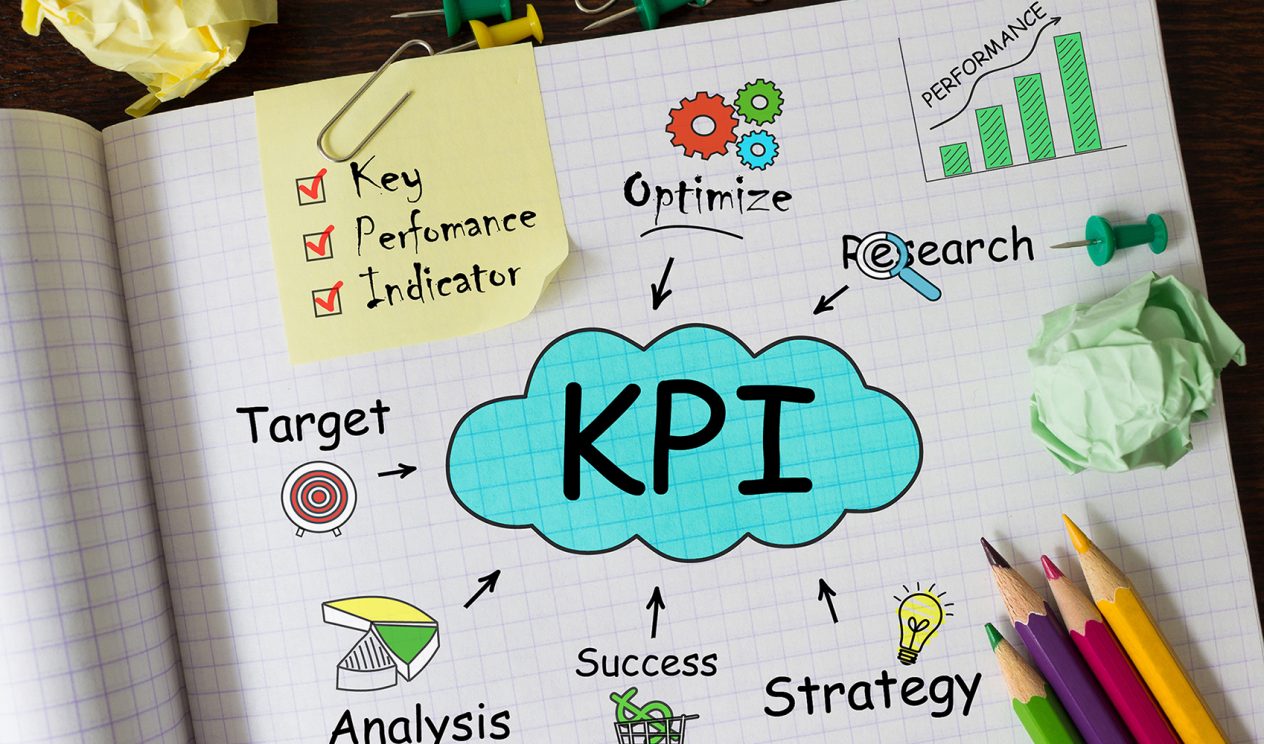What proportion of your working week is consumed by creating reports, updates, responses to KPIs and other tasks of that kind? More importantly, what proportion of your working week is spent creating reports, updates and responses to KPIs that actually add value?
Yes, we need to keep track of progress – but seriously, how many weekly, fortnightly and monthly reports is too many? And, given the structure of many organisations, once these reports are consolidated and sanitised for senior consumption, how accurate are they anyway – are they presenting the true state of play or presenting an upward impression that might be less than 100% accurate?
As I write this, I recall a program I worked on several years ago – around 1200 people with seven levels of reporting and leadership between me and the Program Director. We were all brought together every three months for an update and a pep talk and on one occasion, the Program Director stood up and told us how incredibly proud she was that on “every single measure and KPI” we were “green lights” all the way. The interesting thing about this was that everyone I spoke to at my level told me that just about every one of their measures and KPIs were red.
Clearly somewhere between the coal face and the boss, the information was being consolidated and, apparently, adjusted to present a view that was more favourable than the reality. If the Program Director had been able to see what was really going on at each individual team level and was then able to take appropriate action, the program may not have failed and fallen over, wasting a vast amount of money.
Think about the organisation you work for, particularly if it is a larger company. No doubt there are requirements around training. And probably completing performance appraisals and development conversations. Hopefully, there are also measures that relate to health and safety performance. If you are working on a project, there are probably progress reports that need to be churned out regularly, often taking you away from the task at hand – the successful delivery of the program of work. There are probably others that you can think of, too.
Now, ask yourself – what are these performance measures actually good for? Are training programs being offered to genuinely improve the organisation’s capability or to tick a box – maybe a regulatory box? Are performance appraisals being used to genuinely develop the capability and career opportunities for the individual involved or to meet a requirement for the leader involved? Is the performance against the company’s health and safety measures primarily used to genuinely improve the working environment or to contribute to the annual bonus calculations? Are the project reports being used to ensure that everything is on track or as an opportunity to strip some funding out of that program and into another?
If you can say, hand on heart, that the measures are being used for the purpose they were intended, congratulations! That sounds like a great place to work – I encourage you to keep on reporting!
If not, it brings us back to the original question – KPIs – what are they good for?
** With acknowledgement to Edwin Starr for the title, adapted from his song “War – What Is It Good For” from the 1970 album, “War And Peace”

